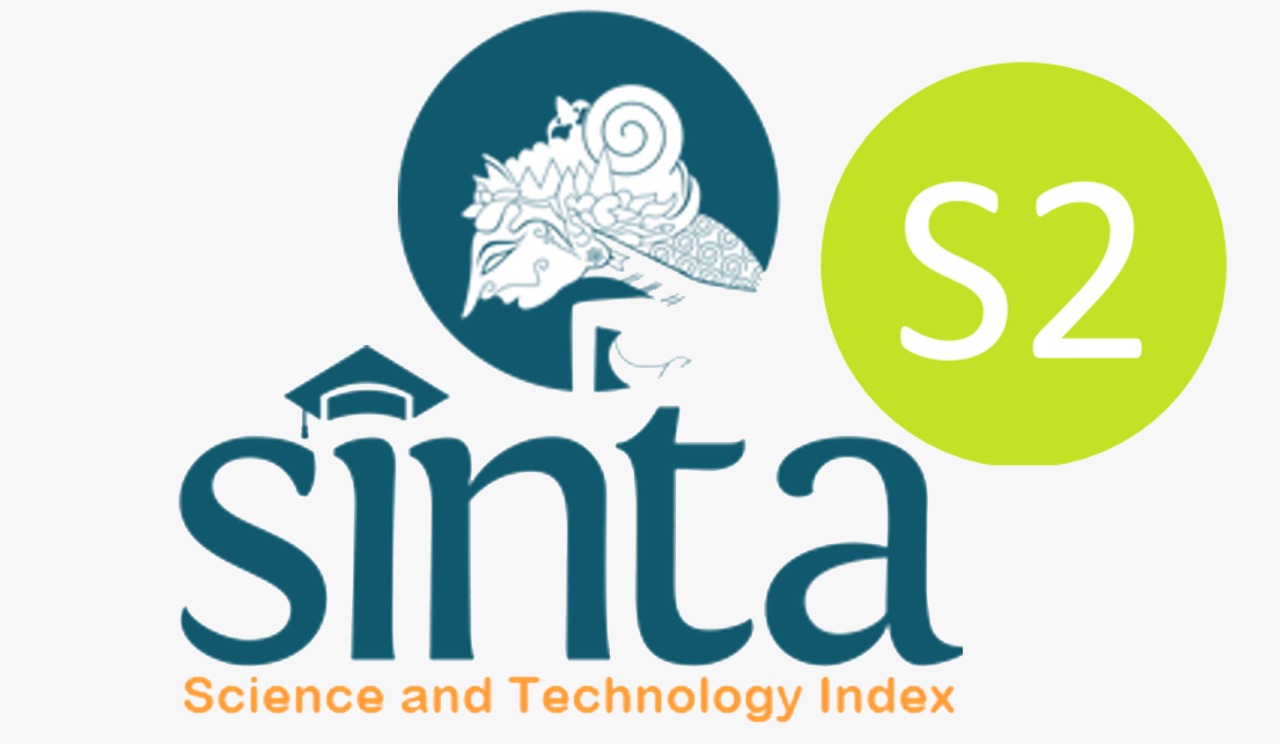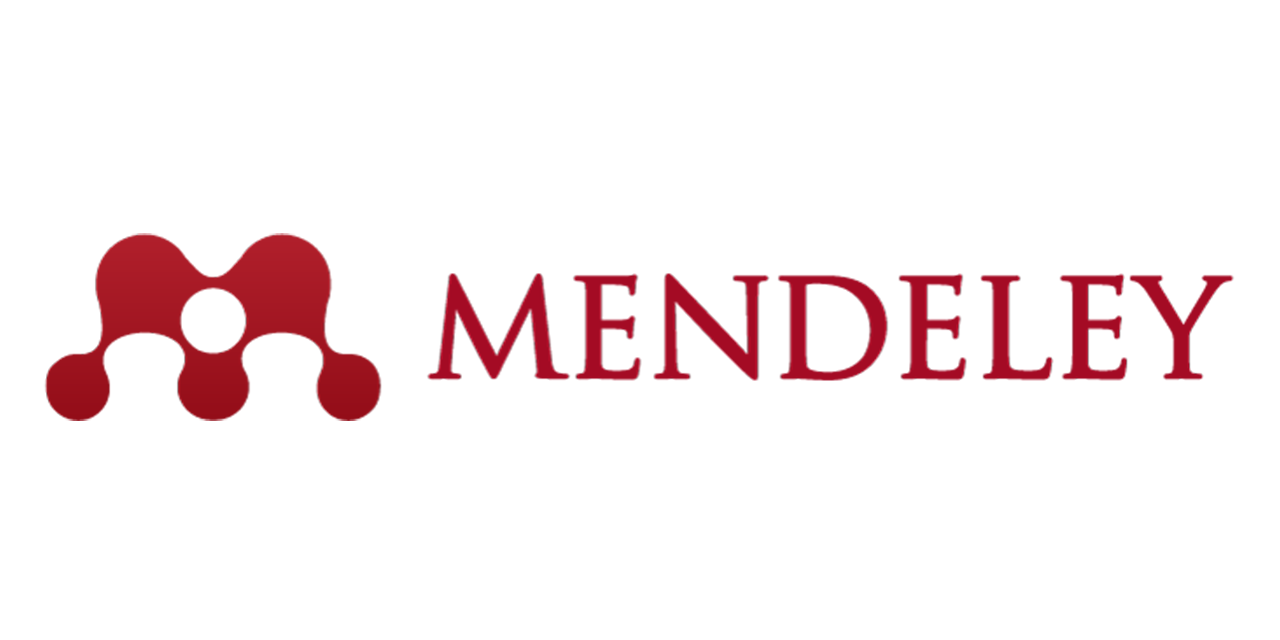PENGARUH PENYISIHAN PENCADANGAN ASET, KUALITAS KREDIT, DEWAN KOMISARIS, KOMITE AUDIT, UKURAN DAN KUALITAS AUDITOR TERHADAP MANAJEMEN LABA
Downloads
Introduction: This research is aimed to prove whether the banking
management did the earnings manipulation by loan loss provision,
determination of non performing loan and whether the characteristics of
supervisory organs in Good Corporate Governance would influence the
earnings management practice.
Methods: The data analysis method used in this study is moderated
regression analysis. This research was conducted in Indonesia's banking
sector from 2011 to 2013.
Results: This research proves that loan loss provision, non performing
loan, size of commisioner board, audit commitee meeting frequency
have no affect to the earnings management. While bank size affect the
earnings management significantly. The quality of auditor has no affect
to the relation between loan loss provision, non performing loan to the
bank's earnings management.
Conclusion and suggestion: Disclosure policies with respect to the criteria
for granting management bonuses and the nature of transactions,
requirements and restrictions on creditors regarding loans received by
banks will complement research based on positive accounting theory in
banking.
Abaoub, E., Homrani, K. & Ben Gamra, S. (2013). The Determinants of Earnings Management: Empirical Evidence in the Tunisian Banking Industry (1999-2010). Journal of Business Studies Quarterly, 4(3).
Akindayomi, A. (2012). Earnings Management And The Banking Crisis Of The 1990s: Evidence From Nigeria. Academy of Accounting & Financial Studies Journal, 16(3).
Baccouche, S., Hadriche, M. & Omri, A. (2013). The Impact Of Audit Committee Multiple-Directorships On Earnings Management: Evidence From France. Journal of Applied Business Research (JABR), 29(5), 1333-1342.
Surat Keputusan Direksi Bank Indonesia Nomor 31/147/Kep/DIR tentang Kualitas Aktiva Produktif (1998).
Peraturan Bank Indonesia Nomor 8/4/PBI/2006 tentang Pelaksanaan Good Corporate Governance bagi Bank Umum (2006).
Peraturan Bank Indonesia Nomor 14/14/PBI/2012 tentang Transparansi dan Publikasi Laporan Bank (2012a).
Peraturan Bank Indonesia Nomor 14/15/PBI/2012 tentang Penilaian Kualitas Aset Bank Umum (2012b).
Surat Edaran Bank Indonesia No. 15/15/DPNP tentang Pelaksanaan Good Corporate Governance bagi Bank Umum (2013).
Chang, R. D., Shen, W. H. & Fang, C. J. (2008). Discretionary Loan Loss Provisions And Earnings Management for the Banking Industry. International Business & Economics Research Journal (IBER), 7(3).
Christiantie, J. & Christiawan, Y. J. (2013). Analisis Pengaruh Mekanisme Corporate Governance dan Reputasi KAP terhadap Aktivitas Manajemen Laba. Business Accounting Review, 1(2), 275-285.
Cohen, D. A., Dey, A. & Lys, T. Z. (2008).
Real and Accrual-Based Earnings Management in the Pre-and Post- Sarbanes-Oxley Periods. The Accounting Review, 83(3), 757-787.
Dong, X., Liu, J. & Hu, B. (2012). Research on the Relationship of Commercial Bank's Loan Loss Provision and Earning Management and Capital Management*. Journal of Service Science and Management, 5(2), 171-
Effendi, M. A. (2005). Peranan Komite Audit dalam Meningkatkan Kinerja Perusahaan. Jurnal Akuntansi Pemerintah, 1(1).
Ghozali, I. 2011. Aplikasi Analisis Multivariate dengan Program IBM SPSS19. Semarang: Badan Penerbit Universitas Diponogoro.
Guna, W. I. & Herawaty, A. (2010). Pengaruh Mekanisme Good Corporate Governance, Independensi Auditor, Kualitas Audit dan Faktor Lainnya terhadap Manajemen Laba. Jurnal Bisnis dan Akuntansi, 12(1), 53-68.
Handayani, R. S. & Rachadi, A. D. (2009). Pengaruh Ukuran Perusahaan terhadap Manajemen Laba. Jurnal Bisnis dan Akuntansi, 11(1), 33-56.
Hari, B. (2012). Karakteristik Dewan Komisaris dan Manajemen Laba di Indonesia. Majalah Ekonomi, 22(1).
Hashim, H. A. & Devi, S. S. (2008). Board Independence, CEO Duality and Accrual Management: Malaysian Evidence. Asian Journal of Business and Accounting, 1(1).
Healy, P. M. & Wahlen, J. M. (1999). A review of the earnings management literature and its implications for standard setting. Accounting Horizons, 13(4), 365-383.
Iannotta, G. & Kwan, S. 2013. Effects of Earnings Management and Delays In Loss Recognition on Bank Opacity.
Standar Profesional Akuntan Publik (2001). Isa, M. Y. M., Choong, Y. V. & Fie, D. Y.
G. (2013). Loan Loss Provisioning Practices. Journal of Modern Accounting and Auditing, 9(6), 814- 822.
Kamau, A. W. (2011). Intermediation Efficiency and Productivity of the Banking Sector in Kenya. Interdisciplinary Journal of Research in Business, 1(9), 2-26.
Neffati, A., Fredj, I. B. & Schalck, C. (2011). Earnings Management and Banking Performance: A Stochastic- Frontier Analysis on US Bank Mergers. Interdisciplinary Journal of Research in Business, 1(6), 58-65.
Pamudji, S. & Trihartati, A. (2010). Pengaruh Independensi dan Efektivitas Komite Audit Terhadap Manajemen Laba. Jurnal Dinamika Akuntansi, 2(1).
Prasetia, H. (2010). Analisis Pengaruh Kualitas Aktiva Produktif Terhadap Tingkat Kesehatan Bank Pada Bank Perkreditan Rakyat di Sumatera Utara.
Roychowdhury, S. (2006). Earnings Management Through Real Activities Manipulation. Journal of accounting and economics, 42(3), 335-370.
Scott, W. R. 2012. Financial Accounting Theory (Vol. 6): Prentice Hall Upper Saddle River, NJ.
Siswantaya, I. G. (2007). Mekanisme Corporate Governance dan Manajemen Laba Studi Pada Perusahaan-Perusahaan yang Terdaftar di Bursa Efek Jakarta. Program Pascasarjana Universitas Diponegoro.
Subramanyam, K. & Wild, J. (2009). Financial Statement Analysis. McGraw-Hill, New York, NY.
Tresnaningsih, E. (2008). Manajemen Laba Pada Perusahaan Dengan Permasalahan Free Cash Flow dan Peran Moderasi dari Monitoring Eksternal. Jurnal Akuntansi dan Keuangan Indonesia, 5(1), 30-49.
Tsitinidis, A. & Duru, K. (2013). Managerial Incentives and Earnings Management: An Empirical Examination of the Income Smoothing in the Nordic Banking Industry.
Ugbede, O., Lizam, M. & Kaseri, A. (2013). Corporate Governance and Earnings Management: Empirical Evidence from Malaysian and Nigerian Banks.
Yasuda, Y., Okuda, S. & Konishi, M. (2004). The Relationship Between Bank Risk and Earnings Management: Evidence from Japan. Review of Quantitative Finance and Accounting, 22(3), 233-248.
The journal allows the author to hold the copyright of the article without restrictions.
The journal allows the author(s) to retain publishing rights without restrictions
The legal formal aspect of journal publication accessibility refers to Creative Commons Attribution Share-Alike (CC BY-SA).
Jurnal Ekonomi dan Bisnis Airlangga (JEBA) is licensed under a Creative Commons Attribution-ShareAlike 4.0 International License

















